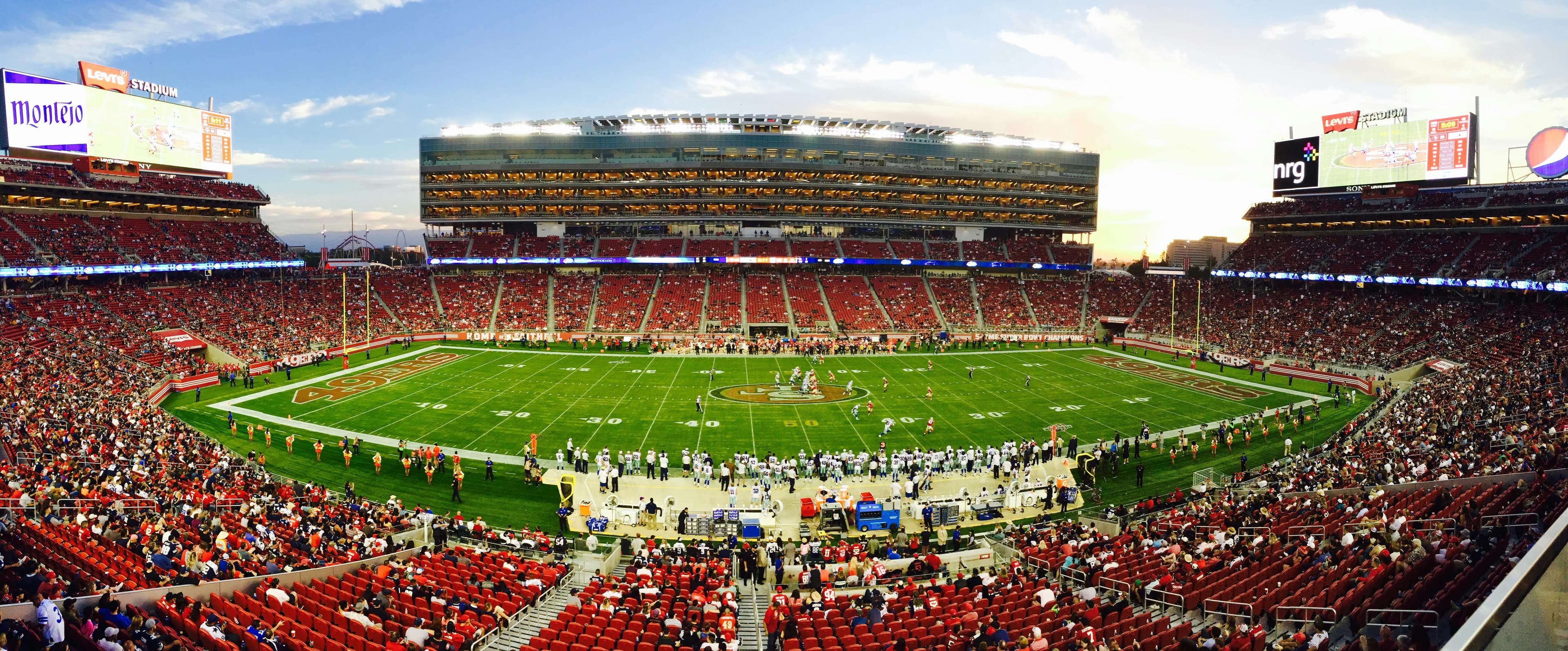Union Saint-Gilloise's Historic Champions League Debut: A New Era in Belgian Football
Union Saint-Gilloise, a club with a rich legacy but a long absence from the apex of European football, made an indelible mark on October 1, 2025. The Belgian champions, gracing the UEFA Champions League stage for the first time in 90 years, faced Newcastle United at the legendary Anderlecht's stadium in Brussels due to their own ground not meeting UEFA's requirements.
Union Saint-Gilloise's journey to this historic fixture is nothing short of remarkable. How did they reach this point? After clinching the Belgian league title, they embarked on their Champions League journey with a resounding 3-1 victory against PSV Eindhoven. This triumph set the stage for their home debut, bolstering their confidence and establishing them as formidable competitors in the group stage.
On the other side of the pitch stood Newcastle United, a team grappling with recent challenges, including a 2-1 defeat against Arsenal. Eddie Howe's side arrived in Brussels with a point to prove, making the encounter even more compelling. The narrative was further enriched by the UK-Belgian connections, particularly with Union's manager, Sébastien Pocognoli, known for his tenure in the Premier League.
Union Saint-Gilloise's ambitions were clear: secure a top-24 finish in the league phase to advance to the playoff round. This would potentially set up a clash with European giants like Real Madrid, offering the Belgian side a chance to further elevate their status. The significance of this match transcends the immediate competition, as it highlights Union's rapid ascent in European football and symbolizes a new chapter for Belgian clubs on the continental stage.
As fans and pundits reflect on this historic event, several questions arise: Can Union maintain their form and continue to defy expectations? What strategic decisions will Pocognoli implement to navigate the complexities of the Champions League? These questions not only shape the narrative for Union but also serve as a testament to the evolving landscape of European football.






